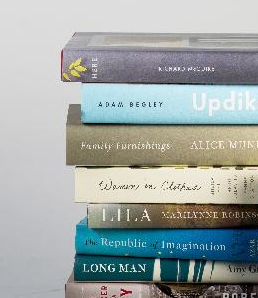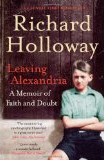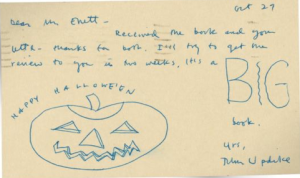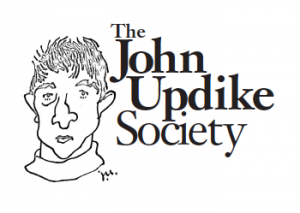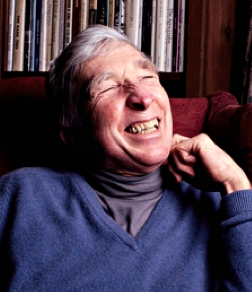 Adam Begley’s highly regarded biography Updike made two more lists, and so did Updike’s own Self-Consciousness:
Adam Begley’s highly regarded biography Updike made two more lists, and so did Updike’s own Self-Consciousness:
The Irish Times posted “Bert Wright: Books of the Year,” a very short list in which Wright wrote, “Adam Begley’s superb biography of my literary hero, Updike (Harper), achieved what all good literary biographies do, illuminating the life and the work while increasing one’s affection for the subject all the more.”
The Week published “Laura Kipnis’ 6 favorite books about wounded masculinity,” in which “The author of Against Love recommends works by John Updike, Norman Mailer, and more.” Kipnis’ most recent book, Men: Notes from an Ongoing Investigation, is spotlighted as is Updike’s memoir:
“Self-Consciousness by John Updike (Random House, $16). Would Updike have been such a fabulous writer if he weren’t afflicted with terrible psoriasis? And a stutter? According to Updike, they should be credited with whatever courage and originality he possessed. His shamelessness on the page distracted him from his real-life shame.
The Guardian posted “The best biographies and memoirs of 2014,” an article by Paul Laity that features a great photo of Updike by Michael Brennan/Corbis and these remarks about the Begley bio:
“Adam Begley’s admiring Updike (Harper) made it clear how assiduously the creator of Rabbit Angstrom mined his own life for his fiction. It gives details of his sex life without being prurient and is fascinating about his support for the Vietnam war and hostility to the counterculture.”
Pictured is a detail from the Brennan/Corbis photo.

